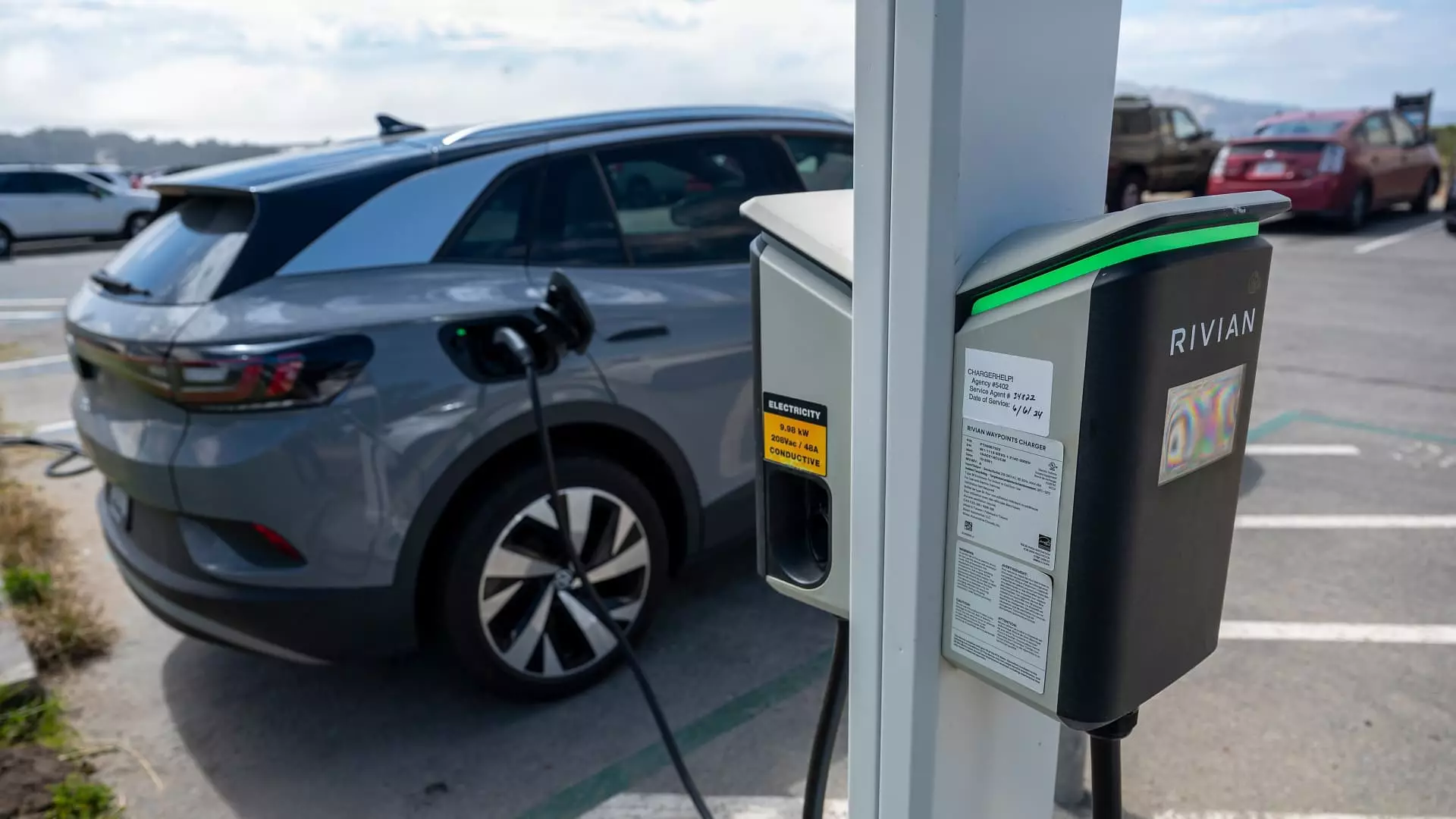The transition to electric vehicles (EVs) presents a promising opportunity for consumers looking to save money in the long run. While the initial purchase price of EVs tends to be higher than traditional gasoline-powered cars, the overall lifetime cost can be lower due to reduced expenses on fuel and maintenance. This shift in financial dynamics is driving more consumers to consider EVs as a viable option for their transportation needs.
Research indicates that achieving cost parity between EVs and gasoline cars depends on various factors such as the specific EV model, geographic location of the buyer, and charging infrastructure availability. As battery prices continue to decline, experts anticipate that EVs will become more economically competitive with traditional vehicles. Factors like government tax credits, state incentives, and utility programs further contribute to making EVs a financially attractive option for consumers.
Despite the price premium associated with EVs, studies have shown that owning an EV can result in significant cost savings over the vehicle’s lifetime. The reduced need for repairs and maintenance, coupled with the lower cost of recharging compared to refueling, contribute to the overall economic benefits of owning an EV. Consumer Reports estimates that the average driver could save between $6,000 to $12,000 by choosing an EV over a comparable gasoline model.
Geographical location plays a crucial role in determining the financial advantages of owning an EV. Regional disparities in electricity and gasoline prices can significantly impact the total lifetime cost of an EV. Locations with lower residential electricity rates and higher gasoline prices are more conducive to cost savings with EV ownership. Factors like access to home charging facilities and off-peak electricity pricing further influence the economic feasibility of owning an EV.
Studies examining the total cost of ownership for EVs across different U.S. cities have highlighted the economic benefits of transitioning to electric vehicles. Cities with a combination of low electricity costs, high gasoline prices, moderate climates, and direct purchase incentives are more favorable for EV owners. Small and low-range EVs typically offer a lower total cost of ownership compared to gas vehicles, even without tax incentives. Longer-range EVs, particularly for compact cars and midsize sedans, can also be cost-competitive without subsidies.
While smaller EVs and midsize sedans are already proving to be economically viable options for consumers, longer-range EV models still face challenges in achieving cost competitiveness with gasoline vehicles. As advancements in battery technology and infrastructure development continue to evolve, the economic case for EVs is expected to become even stronger. The shifting landscape of the automotive industry towards sustainable transportation solutions underscores the importance of considering EVs as a cost-effective and environmentally conscious choice for consumers.

